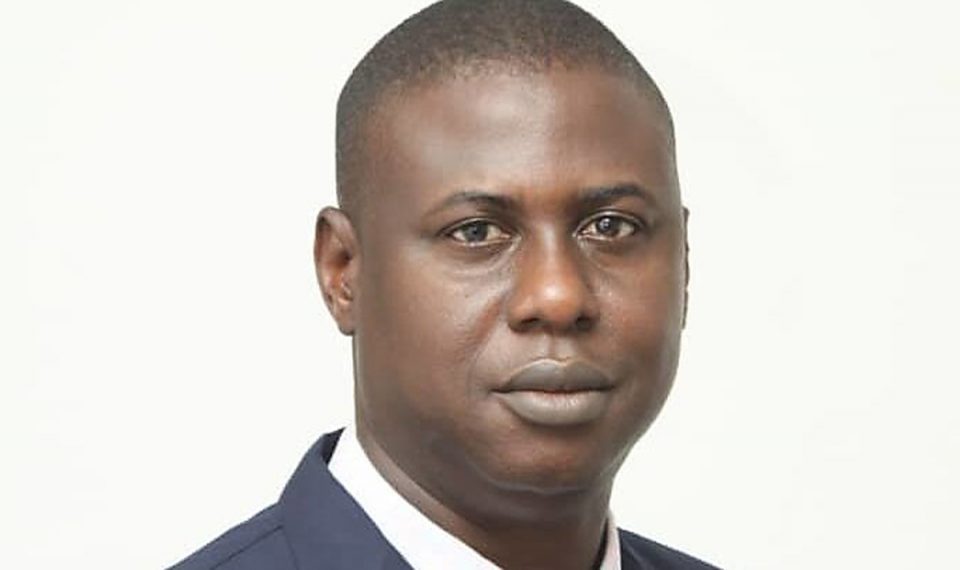In the light of the national grid collapse on Wednesday, an energy expert who said Nigerians should adopt off-grid solutions.
According to the system operator’s website, power distribution on Wednesday declined by 27.5 per cent representing an average hourly loss of 1,126 megawatts, totalling a daily distribution decline of 27,040 MWh.
Data from the Nigerian Electricity Regulatory Company showed that the national grid collapsed 12 times in 2018, 10 times in 2019, and five times in 2020.
The World Bank stated that Nigerians lose N10tn annually to electricity constraints.
Afolabi Akinrogunde, a renewable energy expert and Investment Manager at All-On, said looking at the grid problems and climate change issues, Nigerians should seek renewable off-grid power solutions rather than generators.
He noted that on a comparative basis, renewable energy was more cost-effective than running the home or business on fossil fuels like petrol or diesel.
“Life-cycle costs of renewable energy solutions are currently between 20 to 30 per cent cheaper than fossil fuels,” he said.
The expert, “As Nigeria begins to adopt cost-reflective tariffs on grid power, it is expected that many more Nigerians will find it more appealing to produce their own power.
“This is already the case in some parts of the world where private citizens generate for themselves and some even sell any excess power into the distribution grid, making money from it.”
He added, “It is also key to note however that the average Nigerian who is fully on renewable power will pay less on a unit cost basis compared to a person who is blending generator and grid power.
“The difference in costs will differ depending on the number of hours a person’s generator runs daily, but my rule of the thumb is that once you use up to seven hours of generator-fueled power daily, you’re better off running with renewable energy.”
He said that the biggest challenge most Nigerians faced was being able to put the capital together to acquire a renewable energy solution.
He added, however, that the monthly cost savings from adopting the solution would ensure that it paid for itself within 18 months on average.



